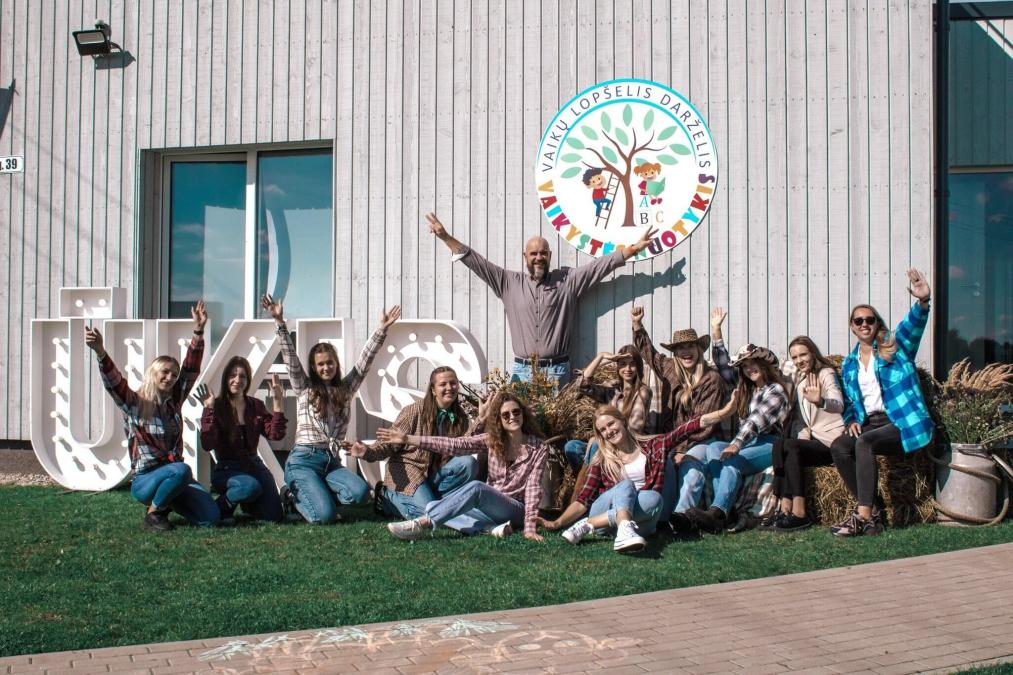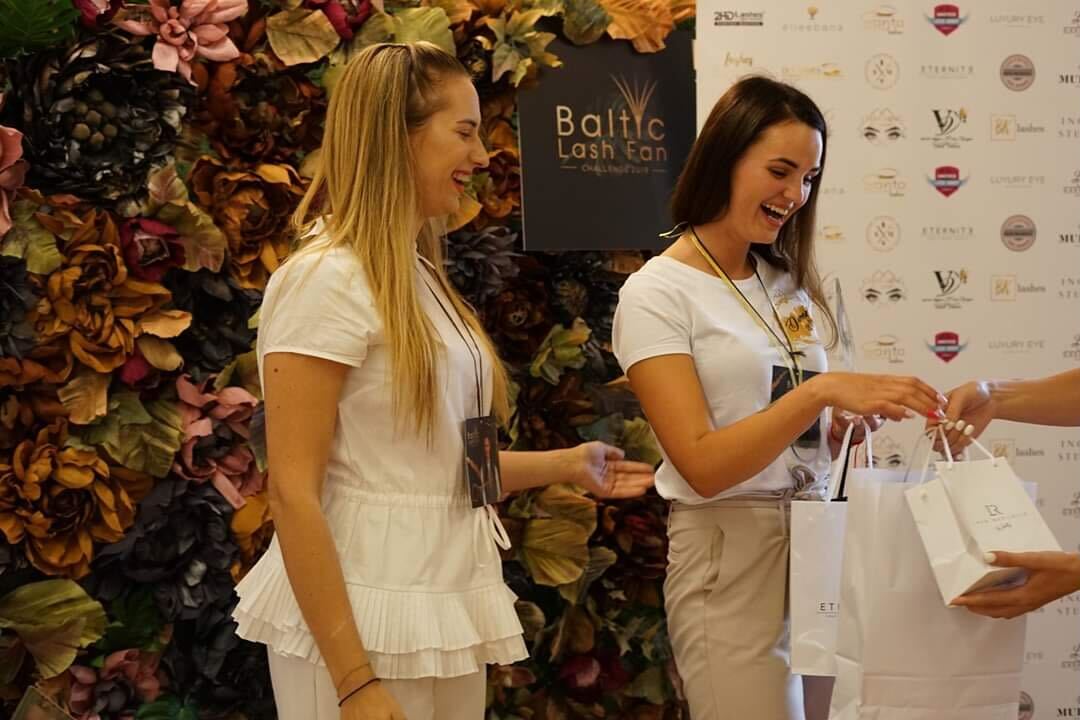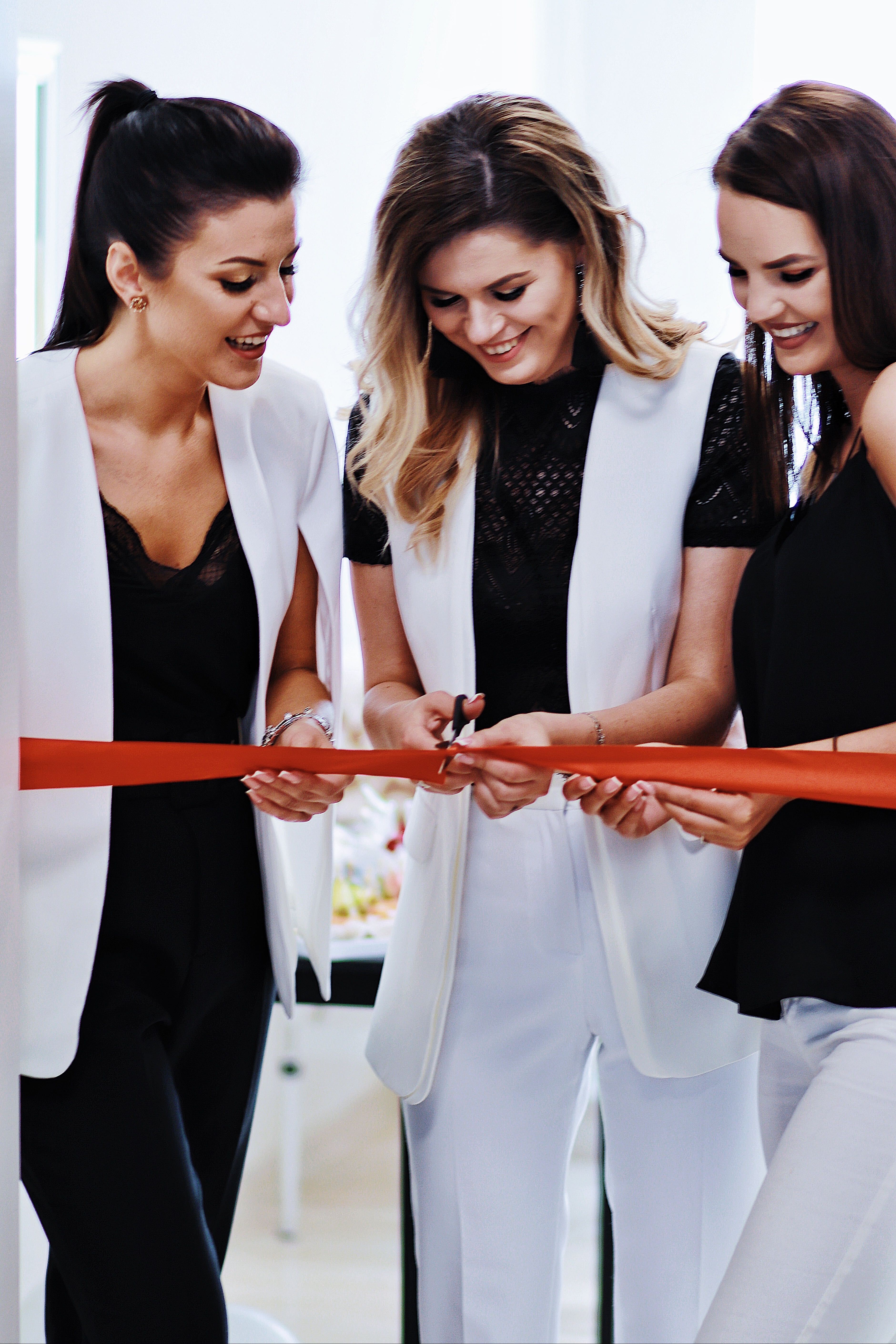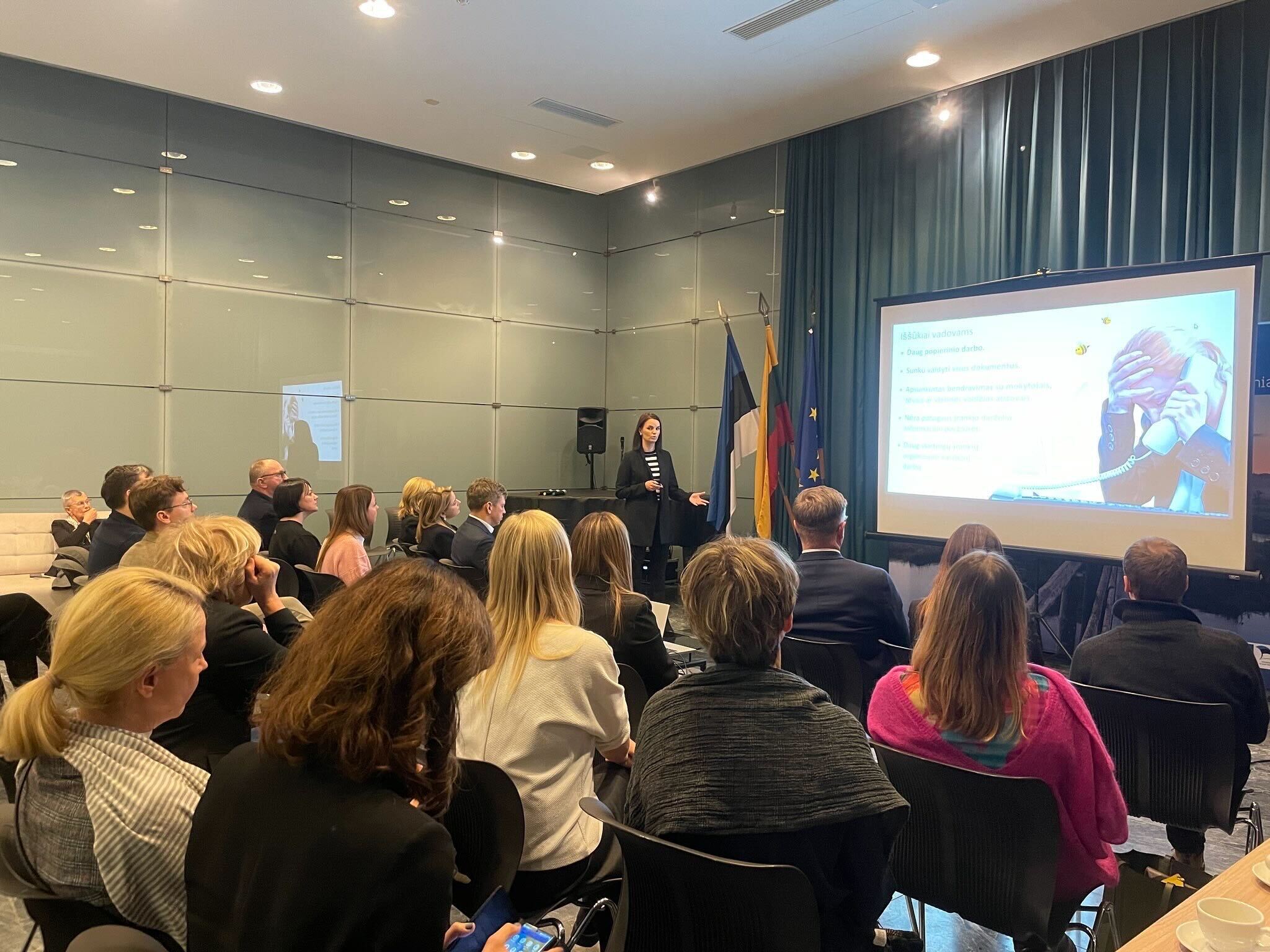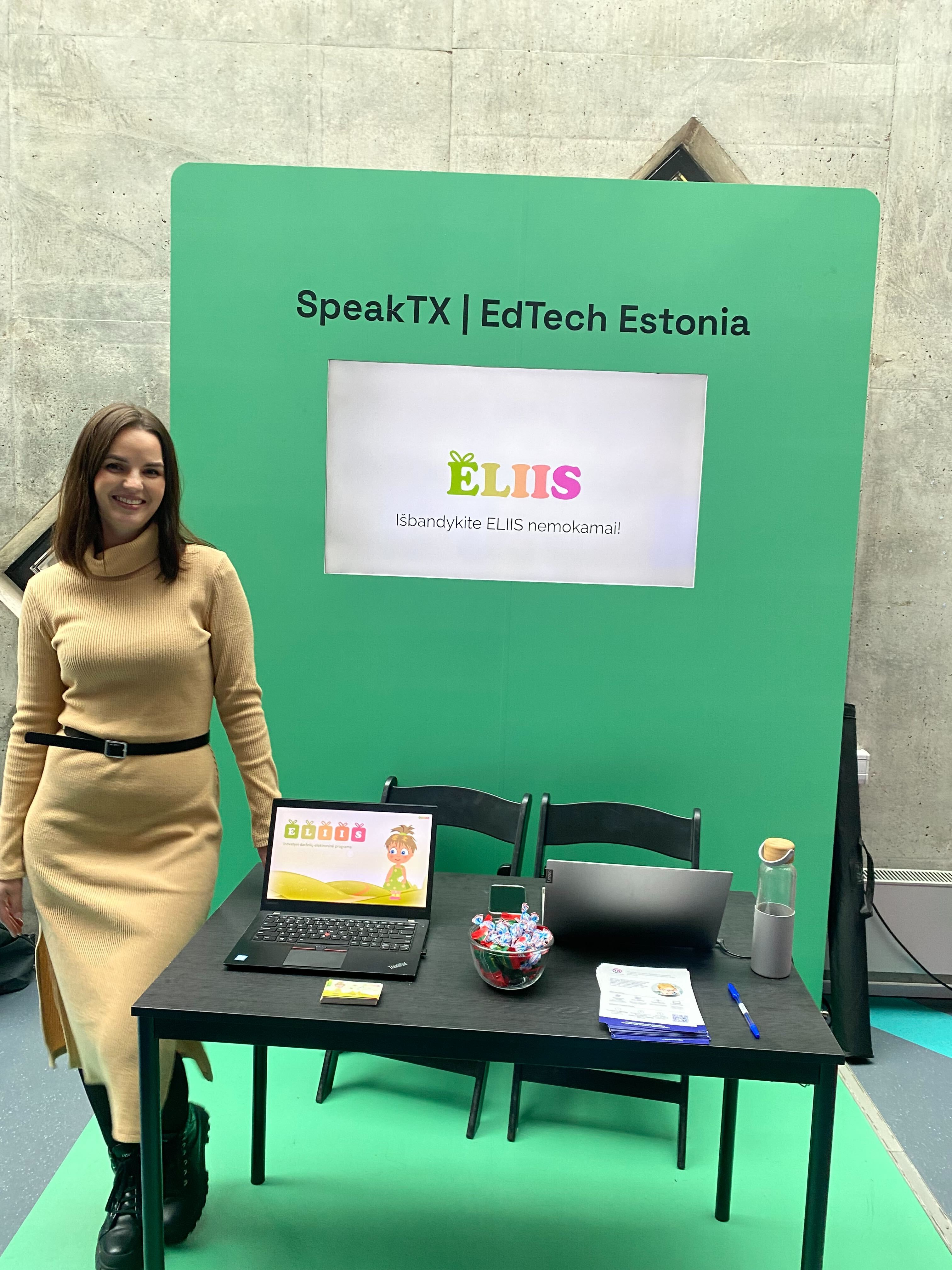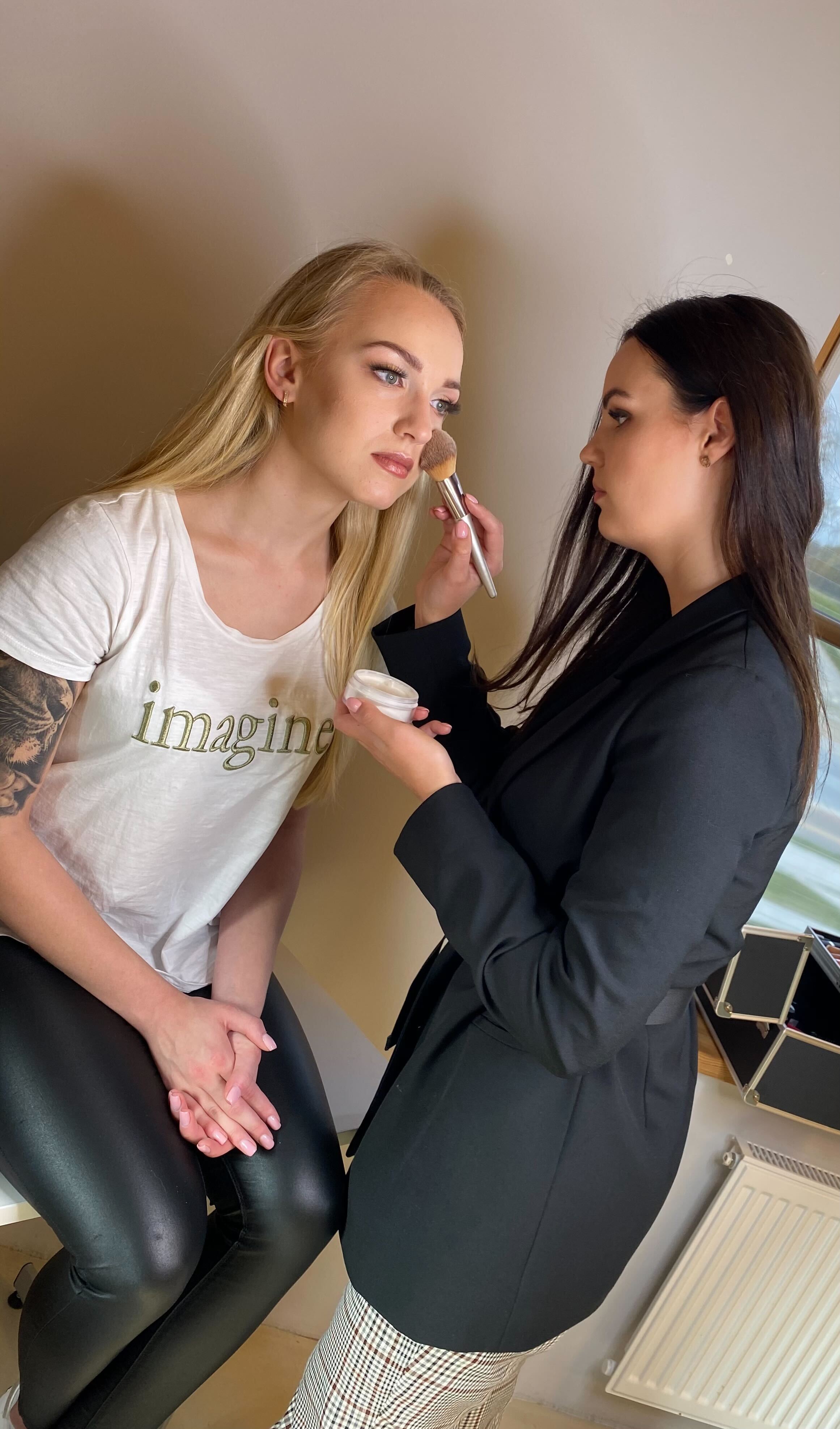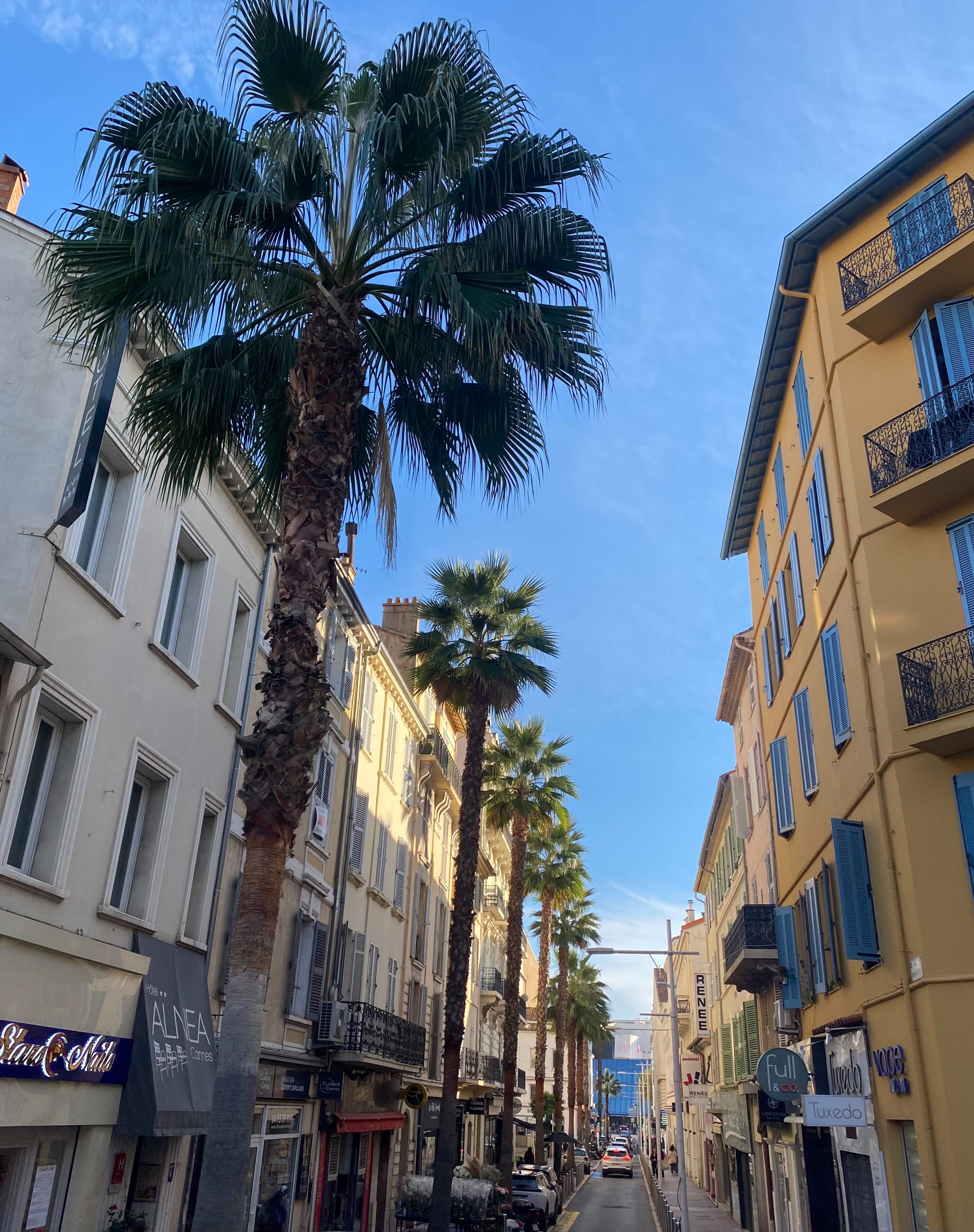Natural Growth and Genuine Relationships: An Interview with Dalius Žilinskas, Head of the Kindergarten “Vaikystės nuotykis”
Imagine a place where children get to know the world not through screens, but through real experiences: grass beneath their feet, pebbles in their hands, trees and birds all around. In Klaipėda district, with their own yard and natural garden, the kindergarten “Vaikystės nuotykis” invites children and parents to experience education through lived experience. The institution’s head, Dalius Žilinskas – a person who came into education not through the traditional path, but driven by a sincere desire to create a living, meaningful, and child-sensitive environment – agreed to share his experience and thoughts.
Inspiration and Beginnings
– Tell us about yourself and the kindergarten’s activities.
“I am Dalius Žilinskas, director of the kindergarten ‘Vaikystės nuotykis’ run by the public institution ‘Danė’. It’s actually quite hard to know where to begin when talking about what we do. We came up with the idea that there should be a slightly different kindergarten than the usual educational institutions. We wanted to create an environment where children grow together with nature, where education is not limited to images on a screen. We discovered a method that in Lithuanian is called ‘nurturing and growth’. This means getting to know the world through experience, through the outdoors, through sustainability, through real things. It’s important for us to introduce children to nature, food, sustainability, and the environment – to show that food doesn’t grow on supermarket shelves, but that everything has a beginning and development.”
“We want children to experience the world not through a screen or a picture, but through direct contact with pebbles, leaves, blades of grass, birds, trees… We have an outdoor garden that we built ourselves. It’s important for us to open up the wonder of nature to children – to show how a big tree can grow from a small seedling if you care for it properly, love it, water it, and look after it in time.”
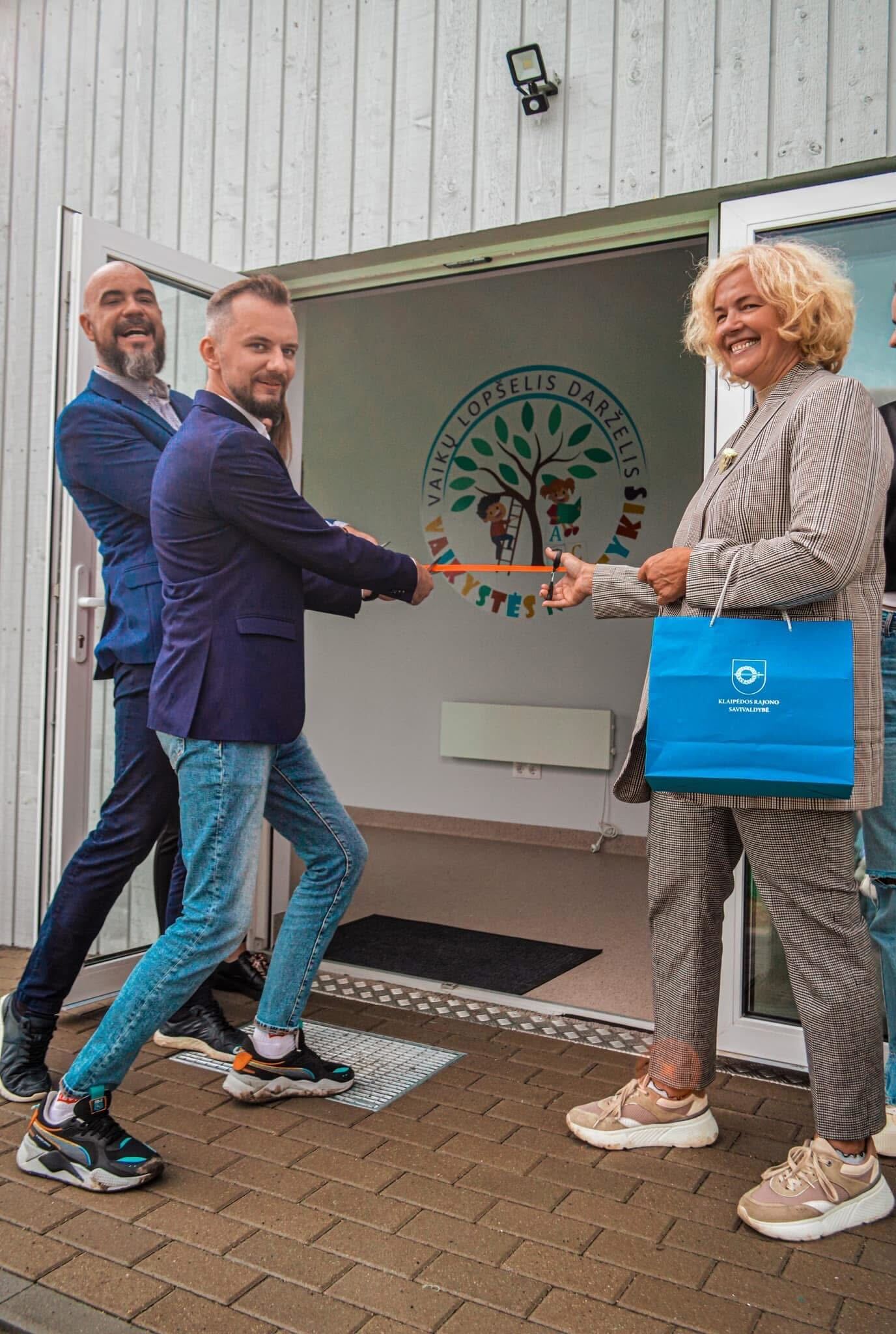
*A photo from the opening of the „Vaikystės nuotykis“ kindergarten
Philosophy and Emotional Literacy
– What else distinguishes your educational philosophy?
“Emotional literacy is very important to us. We work on children’s understanding of their emotions and on managing them. We have a psychologist who actively participates in daily activities – helping children, parents, and teachers. Emotions are not automatically understood – they are part of education.
We are not strictly bound to a single methodology. The most important thing for us is the relationship and openness to diversity. Children need to understand that not everyone is the same – and that’s okay. Accepting others as they are is one of the most important lessons. And sometimes I jokingly tell the children that there’s enough room for everyone under the sun – we just have to turn ourselves the right way, accept, understand, recognize, and get to know our emotions.”
From Management to Genuine Desire
– Why did you choose the field of education? Did you have any prior experience?
“I had absolutely no connection to education before. By education, I am a manager; I graduated in International Business. I have always been interested in human relationships, decision-making, and communication. But – this may sound banal – I really love children. I have four of them. Having a large family is an advantage for me, both as a value and as a virtue…
I knew that in my life I would have a private kindergarten or a children’s home. Perhaps more because, at this stage of life, I feel a strong desire to share – to give. Some give to animals, nature, or trees, some to the elderly – my desire was to help children grow, like nurturing small seedlings.”
– Could it be said that you combined two strong abilities – managerial skills and love for children?
“You could say that. Initially, it seemed that the best communication was good work. It seemed that advertising, marketing – all of that was secondary, because when you act sincerely, the work speaks for itself. But later I realized that it’s not only about what you do, but also about how you communicate it.
At the beginning, there was more faith and desire than real knowledge or experience. There was no ‘foundation’ that might actually have been needed: no education in the field of pedagogy, no deeper understanding of teaching or educational programs. At that time, it seemed that sincerity was the most important thing. That the child first and foremost needs space to grow. To gently guide them, support them, help them get up, brush off the dust – and continue to accompany them on their path with respect. Ultimately, they themselves must go on and develop as a person.”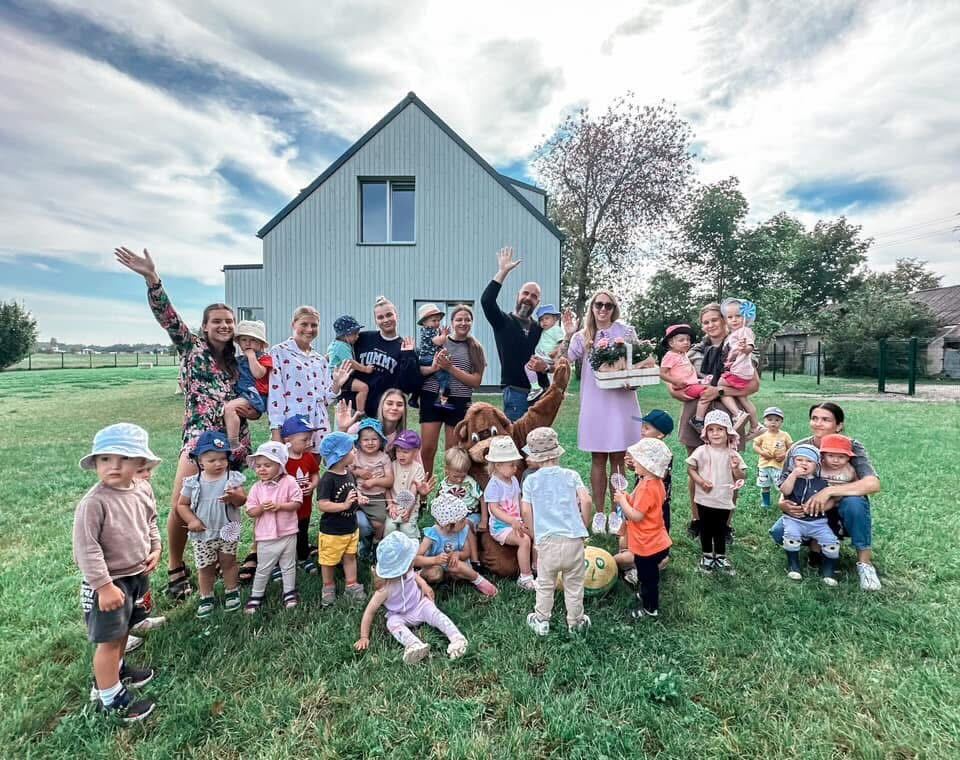
* „Vaikystės nuotykis“ celebration archive
First Challenges and Open Communication
“Those usual tools and instruments – they are available, but you still look for something more. I even tell parents: what we create here in this kindergarten is like being at grandma’s in the countryside. Many aspects, many moments come together. For example, we have our own garden – we plant, grow, and eat ourselves. When you see a child who pulls a carrot straight from the ground and bites it unwashed – there’s something essential in that look, in that act. Moments like that are enough for me in life.”
“Returning to communication… When everything was just beginning, we didn’t even have doors in this kindergarten yet, but we organized an open house – literally. There were two weeks left until the official opening. And you know, that was a major achievement. That day, we spoke with potential parents, explored expectations, explained what we would implement and by when. That was the true beginning – open in every sense.”
“Only then can you deliver on what you promise, when the environment is harmonious and has the necessary infrastructure. Of course, there are always challenges – we pile them together like a small hill. I can say that the most important things are openness and honesty. Not trying to appear better than we are, not empty promises. The team often jokes that sometimes we speak like politicians – promising this and that. But for me, these are not promises – they are our commitments. And they must not only be spoken aloud, but also fulfilled.”
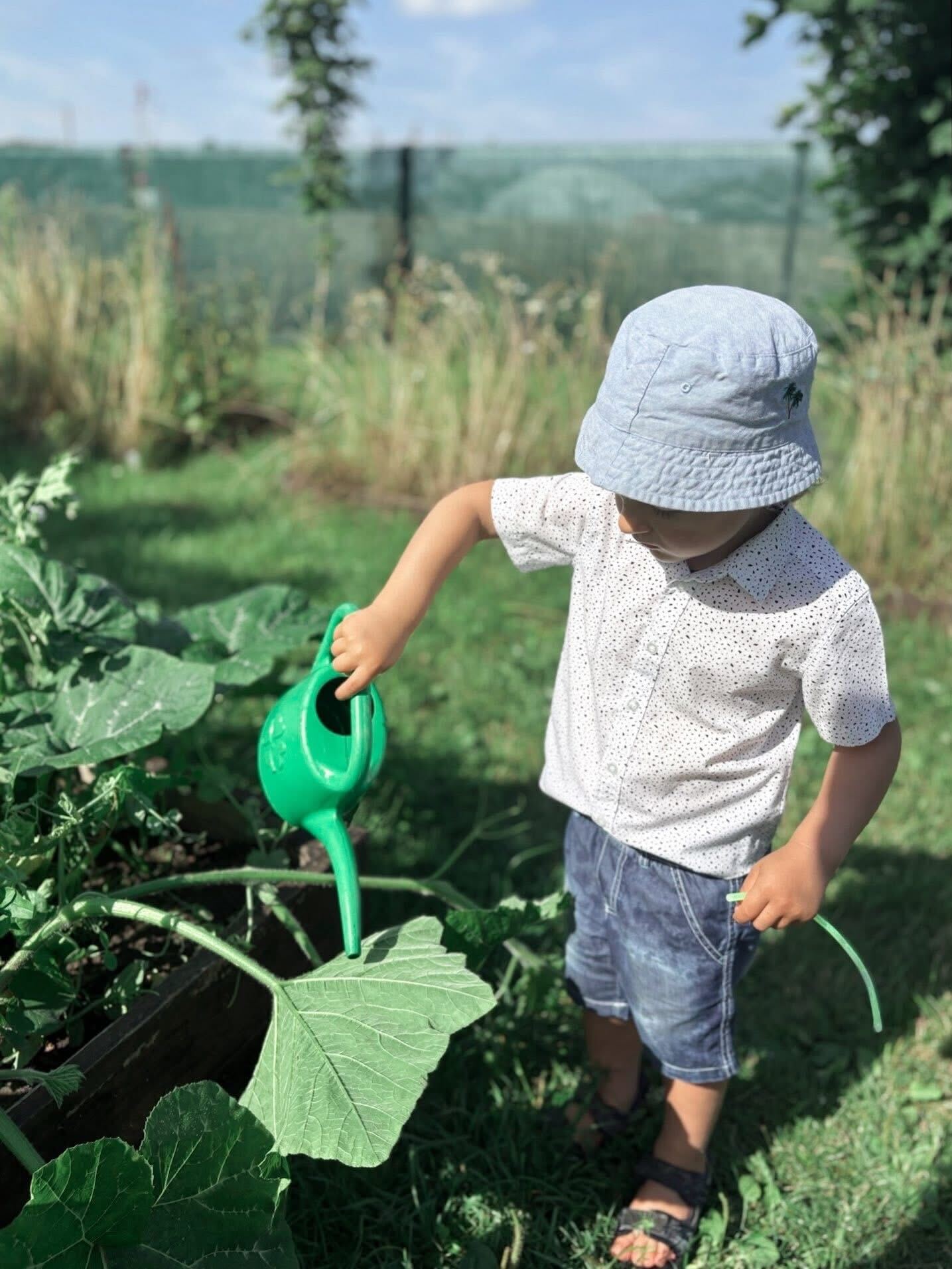
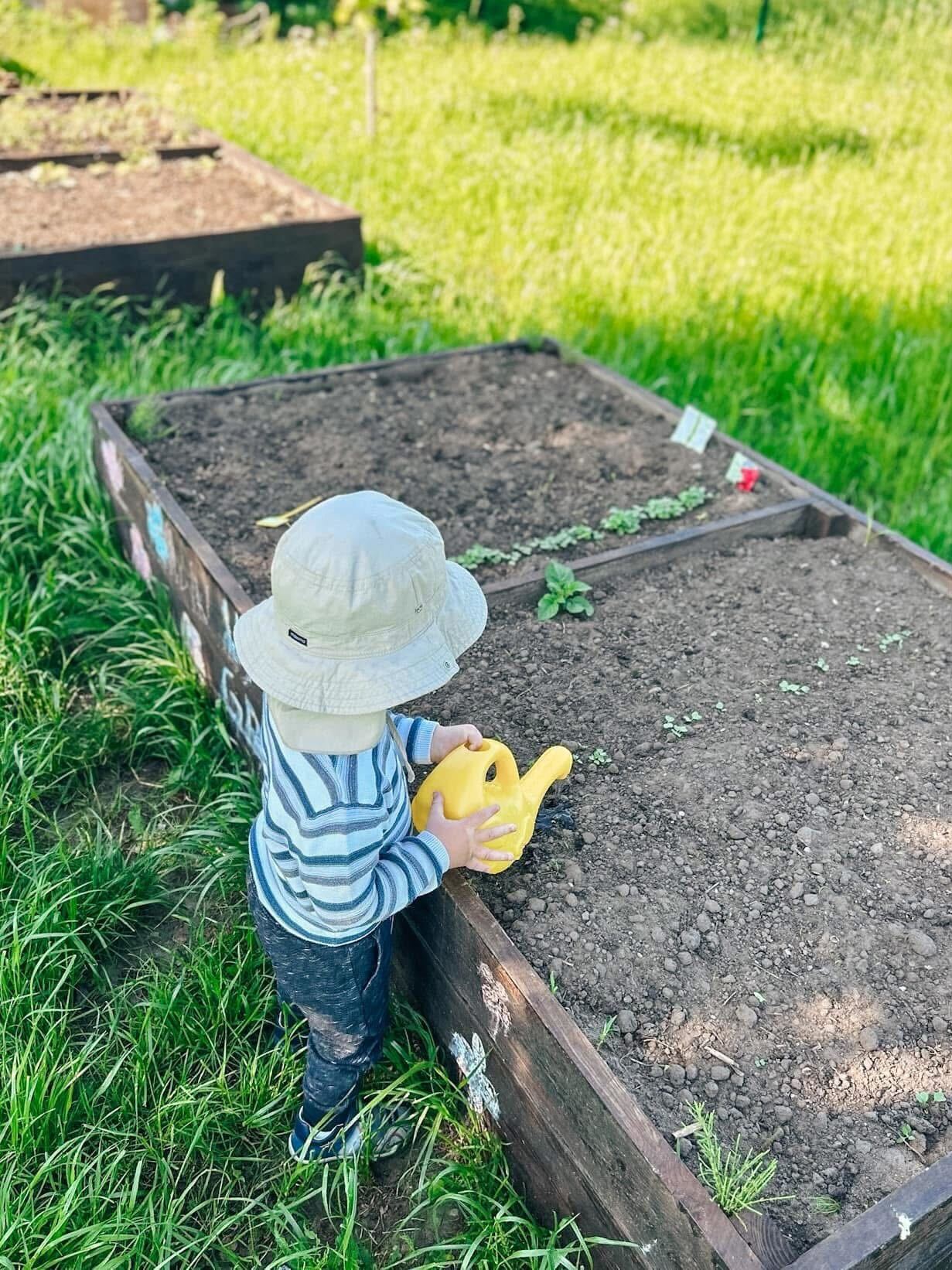
*The kindergarten’s beloved garden
Team, Values, and Qualities
“Your staff is described as very young. In your opinion, what qualities should a person have to work at ‘Childhood Adventure’?”
“Perhaps I should clarify a bit – a young team is not a cause, it is a consequence. At first, we aimed to gather the most qualified staff possible. We evaluated experience, education, formal competencies. However, reality after a few months showed that the most important thing, after all, is human qualities. Therefore, over time we shifted to another principle – first, we look for people whose values align with ours, who want to learn, grow, and are ready to participate in the creation of the kindergarten. Developing an employee from within seemed to us more sustainable than expecting that a specialist coming in would immediately adapt to our approach and already come with certain preconceptions.”
The five main qualities we look for in our team members:
Sincerity – you cannot pretend with children. They feel everything.
Openness to change – it is important that a person is not afraid to grow.
Creativity – in solving everyday situations and creating the learning environment.
Team spirit – trust in colleagues and willingness to help one another.
Positive view of the child – believing that every child has potential and it needs to be recognized.
*Dalius Žilinskas and the „Vaikystės nuotykis“ team
Advice for Future Kindergarten Founders
“What would you advise someone who wants to open a kindergarten?”
“Open a kindergarten! The very first step is to clarify your concept. You must know very clearly what you want to do, how you want to do it, and why it is important to you. If there is desire – that is already 60% of the work done. Then you need to answer very clearly for yourself the question: what do I want to give to the children and families? And how will I do it? Everything else – infrastructure, bureaucracy, finances – can be managed if the direction is clear.”
“When you truly believe in what you are doing – you don’t count the hours. You live it. You work, think, plan, travel, analyze. You engage with your whole being. Then the challenges are not as scary, because you are focused. And here it does not matter whether you are creating a kindergarten, baking buns, sewing clothes, or decorating for events – the same logic applies everywhere: if you want to have something, you have to take it. You need to take it and do it.”
Uniqueness and True Change
“Do you think that today an educational institution must stand out in some way?”
“Yes. Uniqueness is essential if you want not only to survive but also to grow and create change. In the world, exceptional personalities always succeed. In everything. In business, education, or art – pioneers and visionaries are needed everywhere. You have to be unique. It’s important not to get stuck on an idea, but to remain true to yourself.”
“Would I be wrong to say that sometimes, in trying to stand out, we stray from our original goals?”
“I would absolutely agree. Especially now, living in the era of social media, it’s very easy to get lost. Often young people, before they have even begun to live their true life, already try to live someone else’s – according to others’ expectations, desires, and imaginations. They try to fit in, to look like what ‘should be’ or what’s ‘trendy.’ And then they lose themselves.”
“When you do something insincerely, when you don’t believe in what you are creating or saying – it’s temporary. You can hold on for a while, create a beautiful facade, some ‘pomp,’ but reality quickly puts everything in place. You may shine in the ‘spotlight,’ but if it’s not you – it will come out. That’s why the most important thing is to be yourself. Sincerely. Authentically.”
Motto and Closing Thought
“Do you have a phrase, saying, or motto that guides you both in life and at work?”
“It’s better to regret that you tried and failed than to regret that you never tried at all. It’s a very simple phrase, but it carries a lot of meaning. Because if you don’t try – you’ll never know. I certainly wouldn’t follow that cliché phrase about the ‘bird of happiness,’ which, while chasing it, makes a person never really start living. If the only goal is to catch it, then often the whole life just passes by.”

